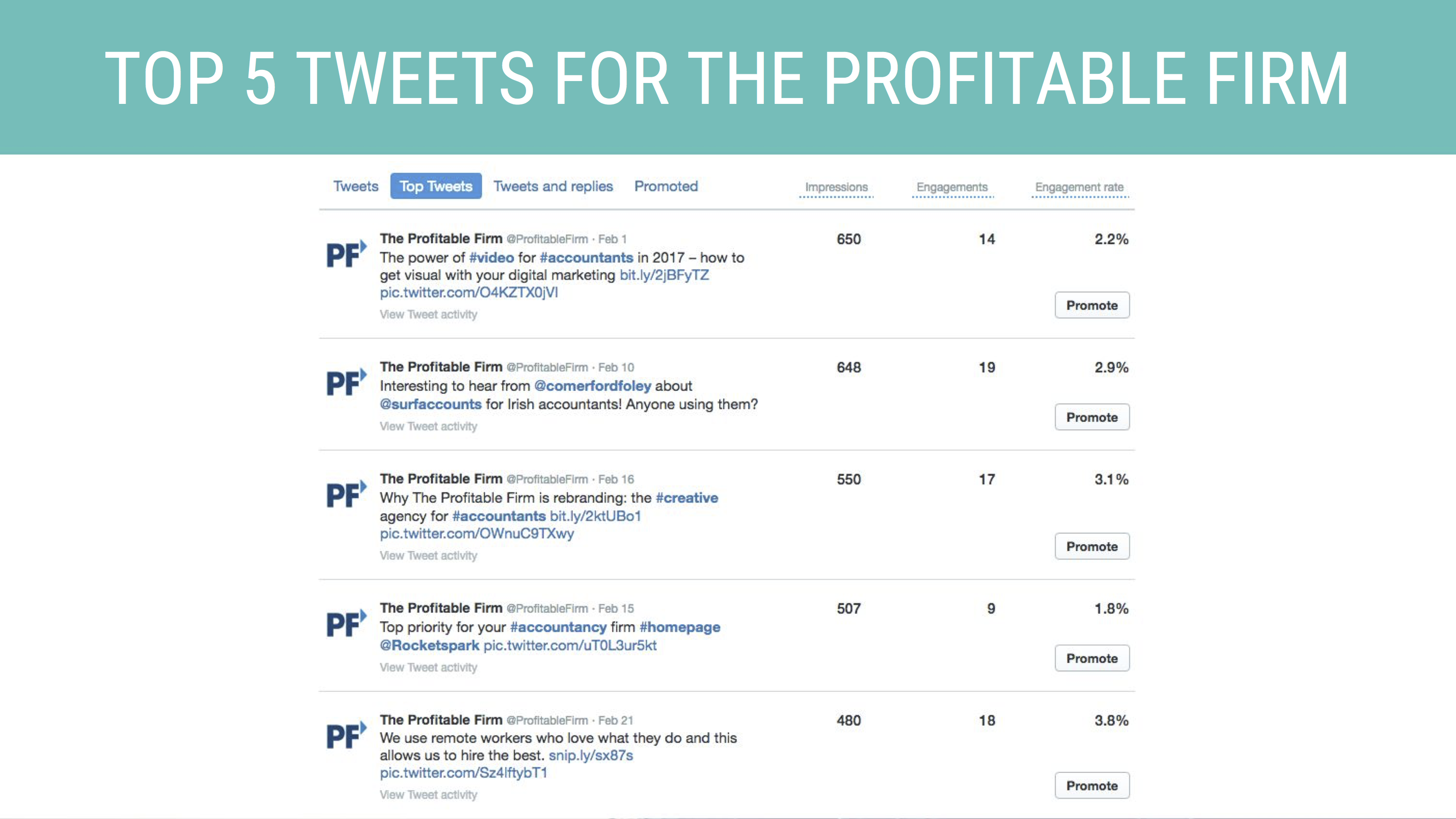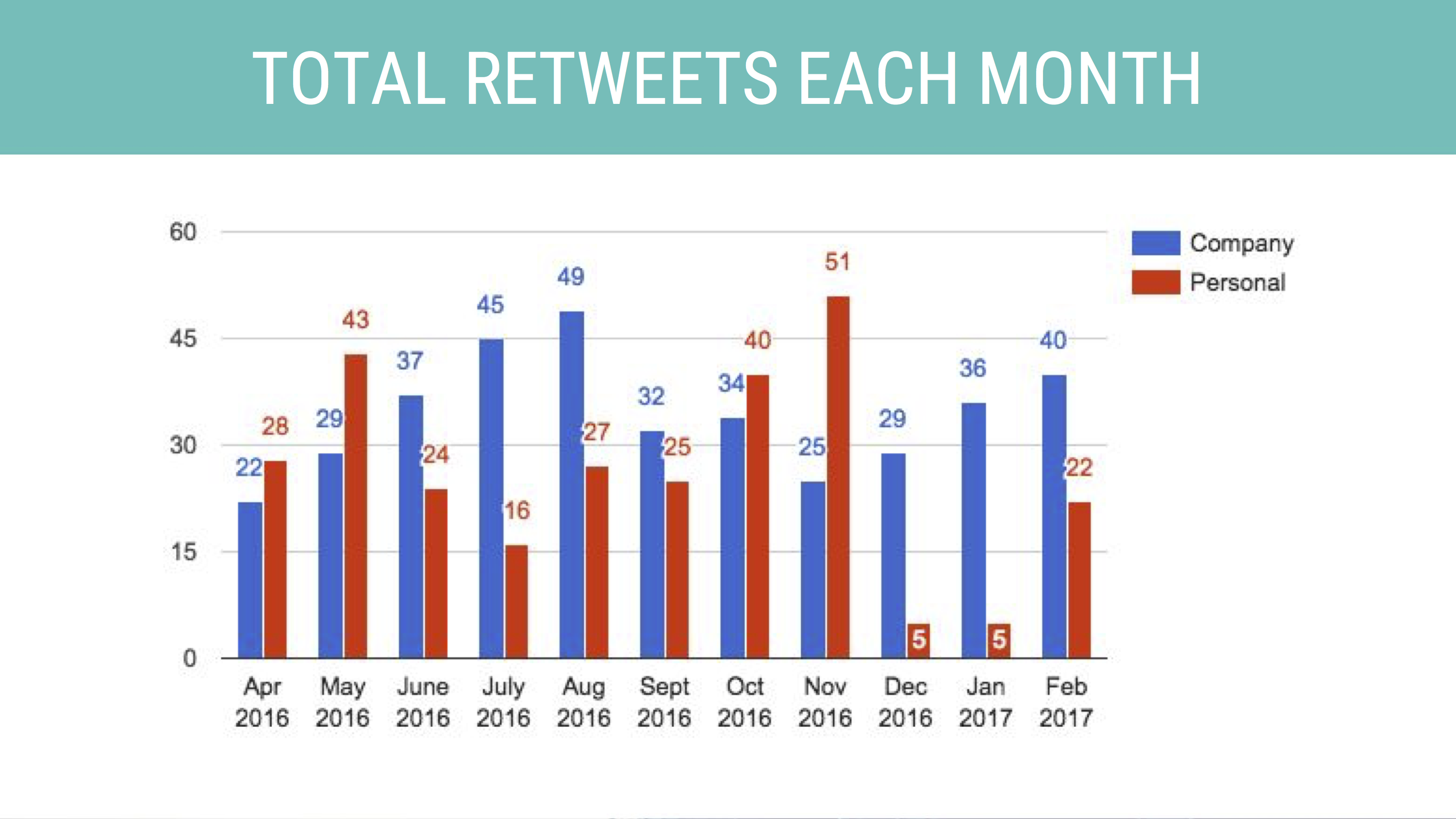Increasing your social media activity is a great way to maximise your marketing efforts, and help reach a wider audience.
Getting your team involved will help you share this with even more people and build up your lead generation by adding a personal level to your social media.
Having your team be the firm advocates is a powerful way to build confidence with clients, future clients and also attract new employees.
However, be prepared that not everyone in your team will embrace social media.
Most people have at least one social media account: even if it’s not heavily used, they may still be resistant to sharing work-related posts on their personal accounts.
First, every single person in your firm has a potential contribution to make: but recognise that each one will need support in different ways. You can’t do a “one size fits all” approach when it comes to social media, because it’s very personal. Each team member will have a different feeling about their interest (or lack thereof) in helping the firm with social media.
You’ll need to work on this over time and gradually you’ll start to see more and more of the team getting onboard.
So how do you ask your team to share social updates? Why is it important for the full team to be involved in marketing?
The first and most important thing to do is share your overall marketing plan and let the team not only see the bigger picture of what the firm is doing when it comes to marketing, but also make it clear what their role or influence in it will be.
Helping the team to understand what’s going on and feel engaged will mean that they are much more likely to get involved, at some level.
Here are some ideas to get your team involved in the firm’s social media:
- Regular team marketing update. Share what you’re doing marketing wise, and why, with the whole firm. Highlight the content, give examples of the posts and share some example posts with everyone to use so that it really isn’t much effort for them to get involved.
- Be clear that the content you’re looking for is purely helpful, or what’s of interest to them or their audience. You’re not asking them to sell. Social media works well when this is the focus, rather than sales messages that people can spot a mile away and ignore. Your team can still share their own personality this way too, and they’ll be less resistant to feeling like they are being pushed to be a ‘salesperson’ for the firm.
- Ask for opinions and ideas. Let the team share their thoughts and ideas on current and future marketing. Everyone will be much more engaged if they have an input and you’ll get some great insight from those who deal directly with clients.
- Reject absolutely zero of those ideas. The worst thing you can do is open up the floor for ideas and then say, “Oh, we can’t do that” or “That won’t work” or “That costs too much”. That slams the door on future ideas. Use the “yes and” principle which is more positive. “Yes, Facebook ads are a great idea! Have you learned anything about that recently?”
- Share a weekly reminder. Pull all your post copy and images together each week so the team can share themselves or retweet/share when the posts are live on the firm’s page. It’s also helpful to share links to other websites with helpful news to inspire the team.
- Ask which social media channels the team prefer using. LinkedIn, Twitter, Instagram, Facebook? Would one person prefer to use Twitter, and another Facebook? Do they have any insight into the channels you clients use to help you focus your efforts?
- Discuss the options they could try when it comes to their account.
- They could create a ‘work social account’ such as @Jenn_TPF and @PFChryzia which is focused on your firm, but personal to them. Within the information box they could include their job role and their personal interest so connections can get to know them.
- Use one or more of their existing social accounts to help spread the word about what the firm cares about.
- Learn a new social account and set it up for work. The firm needs to provide the support they need to do that.
- Reinforce that the firm won’t have access to their profile. Even though the firm will have a company profile on each channel they can’t access messages or posts within employees accounts. This can help reduce some of the issues with sharing on a personal account.
- Provide educational social media training. Offer training to those on your team who need a little support. Share your knowledge directly on a one to one basis, organise regular team training or let them get right into it and join an educational programme exclusively for accountants like The Social Marketer.
- Make access to the content, images or videos easy. Create one shared folder where all the latest versions of collateral are held so they can take their pick on what to share.
- Assign a social media lead. If someone has a question or needs support the lead person can help them on a one to one basis. This person can be internal – if you have a true expert – or you can outsource it. (All the clients who work with us on their social media have access to our Social Media Director, Ashley Davis, for any questions they might have.)
- Social media guidelines or brand guidelines. Everyone is different so it’s best to have some kind of “social media guidelines” or “brand guidelines” that people can follow as a guide. These are guidelines, not rules: give them the freedom and flexibility to do what they feel comfortable with and express their own individual personality. The Wow Company do this well and a lot of their team are active on Twitter.
You don’t want to force people to use social media. But by following these principles and providing the education they need, you can work with your team to motivate them and get them to embrace social media. Surprisingly, they might actually enjoy doing it!
Some suggestions on how to get specific people involved in social media:
- Do you have an accountant who loves interacting with your Xero clients? Encourage them to do some simple “How to” videos and share on social.
- Is one of the partners really keen to attract high growth businesses? Work with them to get some high level content points then write a blog to share, or even create a LinkedIn Pulse post.
- Is your intern keen to get to know customers and develop their knowledge? Encourage them to reach clients on their chosen channel, focusing on sharing content to help those types of clients.
- An accountant who’s new to social media and values the firm and is keen to learn? Why not offer one on one coaching? Start with the basics.
Track, analyse and share successes to reinforce the value of the team being involved
It’s very simple to track your social media activity. Read this post where we share how to find the analytics on each channel.
People like to get an update and see the results from what they’re doing. Share the analytics (in top level form) each week – in your meetings and via an email update.
Some of the key metrics you could share with the team include:
- Number of shares
- Post views
- Reach across the top channels
- Number of new subscribers that have come through social
- Leads that come from social media and turn into sales
We pull together monthly social media reports to track progress for ourselves, and our clients on outsources social media packages. Here’s an example of some of the metrics we measure.


It won’t happen instantly overnight, but in time as you build a strong foundation and set a good example, the people on your team will follow and copy what you do.


